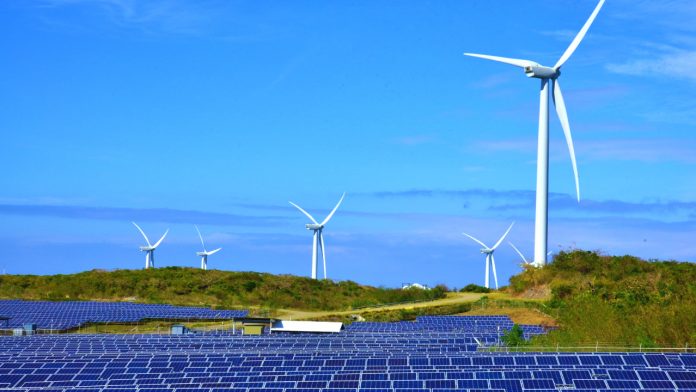Climate change – and demand for greener products – threaten Africa, but smart decisions now can set it up for future success
Broad consensus is emerging around the silver-lining opportunity to “build back better” from the COVID-19 crisis by creating more sustainable, resilient and inclusive societies.
But in the broader context of climate change, what does this mean for Africa, which produces just 2-3% of global carbon dioxide emissions from energy and industrial processes?
In building back better, Africa can take strategic advantage of the landmark African Continental Free Trade Area (AfCFTA) agreement to advance the green transition agenda. Covering goods, services, investment, competition policy, intellectual property rights and e-commerce, AfCFTA offers several pathways forward for Africa.
The United Nations Economic Commission for Africa (UNECA) projects that the AfCFTA could boost intra-African trade by 52% by eliminating import duties, and double this trade by reducing non-tariff barriers.
However, such benefits are threatened by climate change and variability which are set to hit Africa hard, raising temperatures more than global averages and producing extreme weather events. Climate effects can reduce agricultural production and yields, damage physical infrastructure, disrupt supply, transport and distribution chains and also harm the biodiversity and natural attractions on which tourism in Africa depends. Read more…



